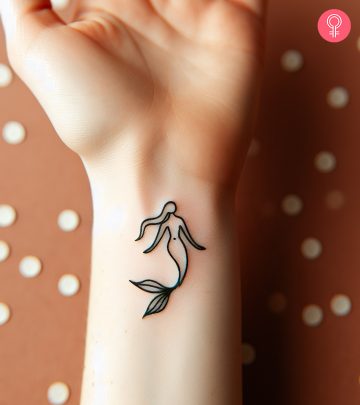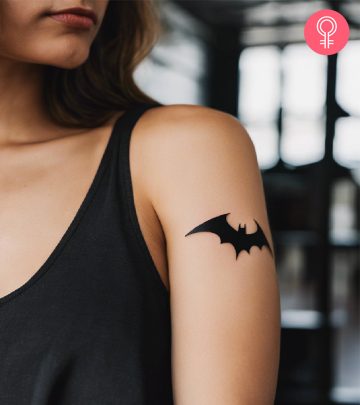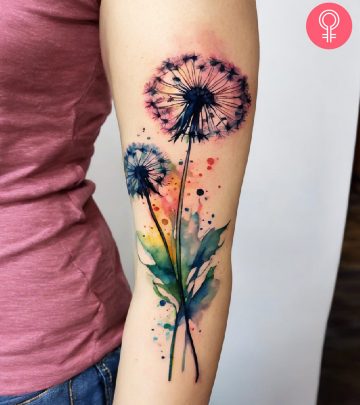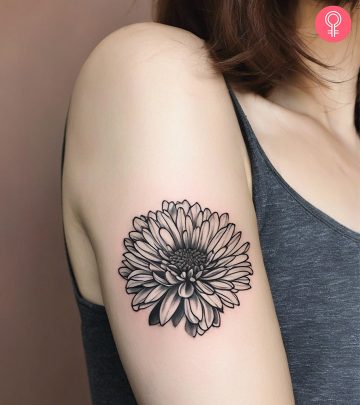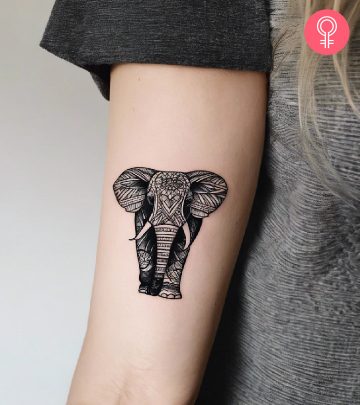How Your Fertility Changes As You Age
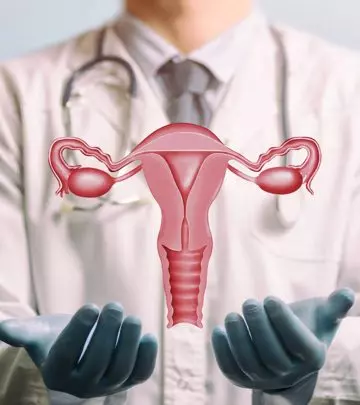
A woman’s age is one of the most significant factors affecting her fertility and chances of conception. As men and women age, they notice a drop in their fertility, and their potential to conceive children diminishes exponentially. The exact age when it starts diminishing differs from person to person, but the average age is 35 years for women and 40 years for men (1).
This is because women are born with all the eggs they will carry for their lifetime. When we age, so do our eggs, decreasing in both quality and quantity. One might argue that staying in good shape would improve the chances of getting pregnant and having a healthy baby, but it does not override the effects of age on a woman’s fertility (2).
So let’s take a look at the different stages of fertility in a woman’s life starting with puberty to menopause:
Puberty
In women, puberty usually starts between the ages of 8 and 13. One of the first signs of puberty in women is the development of breasts. Menstruation is the next stage and usually happens about two years after the development of breasts. Along with this, there is also a sudden growth spurt that stops by the time puberty reaches its end around 14 years of age (3).
So how does menstruation work? During the menstrual cycle, an egg is released from one of the two ovaries and it begins descending down one of the fallopian tubes towards the uterus.
Prior to this process, your hormones stimulate the uterus to build its inner lining. This lining is comprised of excessive tissue and blood that would have nourished a baby if it has been conceived.
This is to support the embryo in case of fertilization. If the egg is not fertilized, however, the excess tissue and blood exit the body via the vaginal canal. The blood and tissue that are released is called a period, and it lasts from two to seven days. About two weeks after the last period, a new egg is released as the cycle then repeats itself (4).
During puberty, a girl’s menstrual cycle is very erratic and she can skip months or get her period more than once a month. This is entirely normal but doesn’t change the fact that she could get pregnant if she has intercourse (5).
In The 20s
Your 20s are when your fertility is at its peak. The chances of you getting pregnant during a menstrual cycle are around 32 percent. This is because your periods are the most regular and stabilized during this time, and the quality and quantity of your eggs are at their peak. In terms of gestation and the ability to ‘bounce back’ after having a baby, you’re still at your optimum level of fitness. During this time, a woman is often at her highest physical strength, and her pelvic floor muscles are really strong. This would make it a lot easier for her to recover post-child-birth. From a medical perspective, this would be the ideal time to conceive a child as your body is resilient enough to handle a pregnancy (6) (7).
In The 30s
Fertility gradually starts declining in the 30s and particularly after the age of 35. A healthy fertile 30-year-old woman has a 20 percent chance of getting pregnant for each cycle that she tries.
This means for every 100 fertile 30-year-old women trying to get pregnant in a cycle, only 20 will be successful and the other 80 would need to try once more. By the age of 35, the odds of conceiving after three months of trying are about 12 percent. There is also a high risk of the mother having a miscarriage or the child suffering from genetic abnormalities.
This will lead to you being at the risk of facing more complications in your pregnancy or during delivery if you choose to delay having a child. Doctors may also recommend additional screening and testing for both you as well as your child. In the case of assisted reproduction treatments such as In-Vitro Fertilisation (IVF) or Artificial Insemination (AI), your chances of successfully conceiving also drop as you hit 35 (8).
In The 40s
Contrary to popular belief, women do not remain fertile until menopause. Most women reach menopause at the age of 51 but are unable to carry a pregnancy to succession sometime in their mid-40s. By the time a woman hits her 40s, there is only a 7 percent chance of conception, and that declines to a 0.6 percent from the age of 45 and onwards. It is also not recommended to carry a pregnancy at this age as older eggs have more chromosome related problems. This would increase the chances of your child developing a congenital disability. Even the mother may face a lot of issues related to the pregnancy like high blood pressure, gestational diabetes, and pre-eclampsia. After the age of 40, your doctor may decide to do more screenings and tests on you (9).
Final Takeaway
While the chances of conceiving later on in life should not wholly be overruled, you should also take other factors into account. Having a baby in your early 20s when you’re not fully settled in life and are at the prime of your career might not be the easiest option. However, this depends from person to person and their ability to handle roles of responsibility. There are tonnes of options available out there for women who would like to conceive later on (Like freezing your eggs when you’re younger).
And always remember that you should be ready to have a baby physically, mentally, emotionally, and financially. And nothing should force you into it.



















